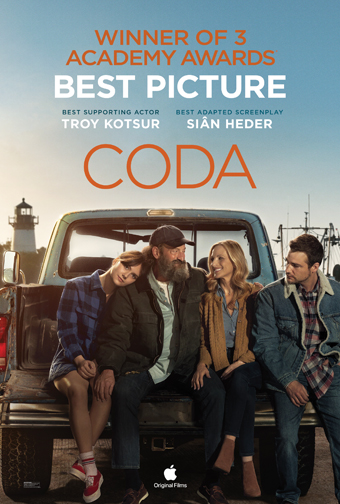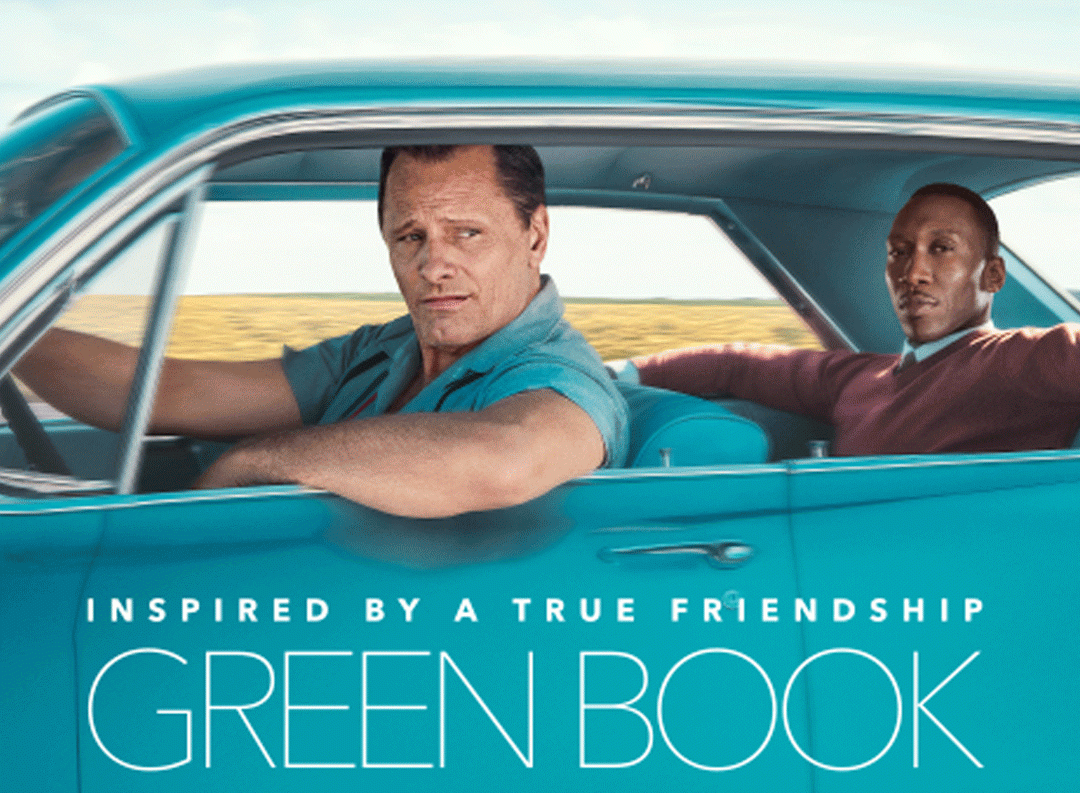2022—Everything, Everywhere, All at Once, Daniel Scheinert
Nominated: All Quiet on the Western Front, Avatar: The Way of Water, The Banshees of Inisherin, Elvis, The Fablemans, Tar, Top Gun: Maverick, Triangle of Sadness, Women Talking
Should have won: Elvis
Be Sure to See: Bodies Bodies Bodies, Bullet Train, Christmas Bloody Christmas, Pearl, Violent Night, X
"I wanted to say in another life, I would have really liked just doing laundry and taxes with you"--Waymond Wong
If nothing else, Everything, Everywhere, All at Once is the weirdest best picture winner. And this has the potential of being the worst, shortest, and least focused review I've done. It was a difficult movie for me to follow. It is weird—and I like weird—but I also like to know what is going on. This movie seems to be all about technical achievements, editing, and effects. That's not to say I disliked the movie. It just wasn't best picture material for me.
Evelyn Wang is in trouble with the IRS bank and is at the office looking at receipts. It seems she confuses hobbies for business, as it is so elegantly stated. The employee going over her taxes is played by Jamie Lee Curtis in an Oscar-winning role. I've adored her for her whole career but, as much as I've liked her movies, "It's about time she gets an Oscar" never crossed my mind. I thoroughly enjoyed Halloween, My Girl, True Lies, A Fish Called Wanda, The Fog, even Freaky Friday. But none of those are particularly Oscar worthy. She wins one here for supporting actress but I must say I found Stephanie Hsu's performance as the daughter more deserving.
The movie also won for editing which I completely understand, although I liked how Elvis was cut together more. This movie showed creative ways of entering alternate dimensions so I get how it bagged that award.
Michelle Yeoh carried the movie and showed command in every scene she was in which was, well, pretty much every scene. And it was nice to see Ke Huy Quan again. You know him as short Round from Temple of Doom or Data from The Goonies. Ninety-four-year-old James Hong spent the movie in a wheelchair with few lines but I'm glad to see he's still working.
I'm not sure who this movie is supposed to appeal to. There is one fight sequence but not enough to entertain kung fu fans. The entering dimensions aspect throws sci fi into the mix but not enough to thrill sci fi fans. I don't know who the target audience is, really. It's interesting and weird, has bizarre moments and slow ones. It has a false ending where you think it's over but still has an hour left and a scene where two rocks overlooking a canyon have a conversation for a while. This was my favorite part. Does that tell you how I feel about the movie? To be honest, I don't even how I feel about it. I saw it twice and I'm glad I did. I just can't see how it won over Elvis.
NOTE: With all of the commas in this title, you should know the director is Daniel Scheinert. I probably didn't need to say that but...








